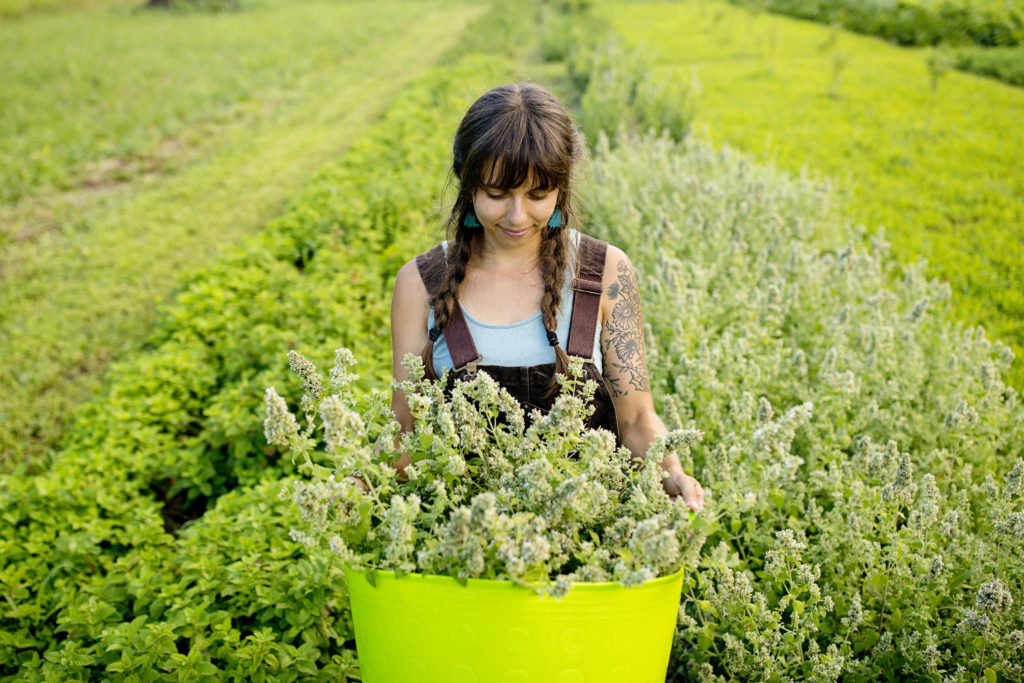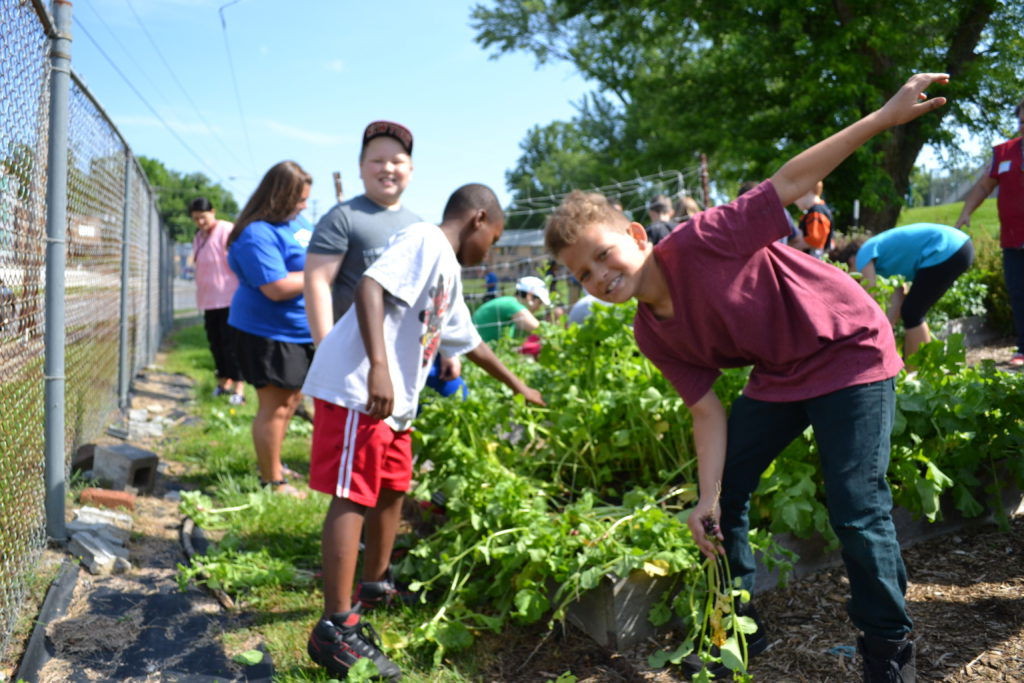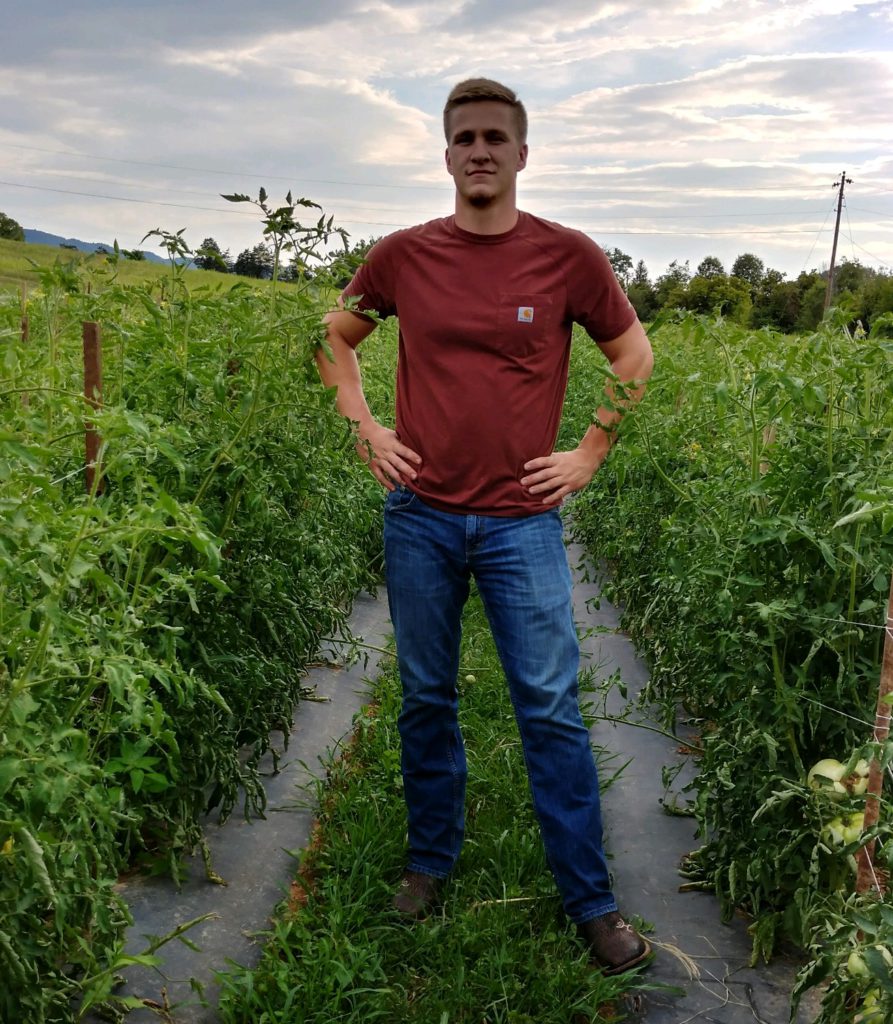Climate Change
The climate of Appalachia is changing – rapidly. ASD is taking a stand against the climate crisis to keep farmers farming and tackle food insecurity. Together, we can live better, locally.
Climate Change in Appalachia
Climate change is impacting people, planet, and profit in Appalachia in a number of ways.
Planet
Today, unsustainable agriculture and forestry activities¹ generate 24% of greenhouse gas emissions worldwide, second only to electricity production at 25%. By contrast, regenerative agriculture² and forestry practices have tremendous potential to rapidly and effectively sequester³ carbon from the atmosphere to help reduce the impacts of climate change. Per 2.5 acres annually, for example, organic production of annuals with compost and rotation captures and stores up to 28.7 US tons CO2 from perennial crops and 45.2 US tons CO2 from agroforestry (Toensmeier 2016).
ASD helps farmers implement climate adaptive and mitigative farming methods, to prepare for and combat the growing effects of climate change.

“I don’t think I lost any plants in the flood. When I went back to look, everything was held intact better in the alley cropping system, especially around the trees and shrubs. The beds that had the herbaceous perennial herbs seemed like they held the mulch and topsoil together more than the annual beds [which were not planted in an alley]. That experience has inspired me to do even more alley cropping!”
– Sarah Barney, Among the Oaks farm in reference to a catastrophic flood in KY in 2020
To learn more about ASD’s regenerative agriculture work, check out our programs below!
People
A total of 38 million people – including 1 in 5 children – are food insecure in the U.S. In Appalachia, the rate of food insecurity is 1.5% higher than the national average. Climate change will further affect food security, especially in impoverished communities, by disrupting food availability and decreasing access to affordable food.
ASD works with small-scale farmers and the Central Appalachian community to reduce food insecurity and promote equity by cultivating a resilient local food system.

Between 30% and 50% of total global food production by mass is lost as waste. In an effort to reduce waste and support access to local food throughout our region, ASD has facilitated the purchase and subsequent donation of more than 1.6 million pounds of “seconds” produce⁴ since 2004.
Since 2012, ASD has also helped families grow more than 140,000 POUNDS of local food through home-based backyard and market gardens. Households buying local or growing their own food can help reduce greenhouse gas emission by 4-5%.
To learn more about ASD’s food security initiatives, check out our programs below!
Profit
Climate change can impact the agricultural economy by increasing costs and reducing yields. Access to water for agriculture is expected to be reduced by 35% by 2040, with costs increasing nearly 5 times during that same time period. Livestock production is also expected to be reduced by 5-7% due to higher average temperatures. Click here for additional information on the economy of Appalachia.
ASD offers market driven programming that insulates Appalachian farmers from the economic impacts of climate change to help maintain a resilient local economy.

Since opening in 2000, the Appalachian Harvest Food Hub has assisted farmers in selling more than $37 MILLION of local produce to wholesale retailers. Adam Pendleton, Appalachian Harvest farmer, recounts:
“I didn’t want to move away, because I wanted to farm the same land my Papaw always had. ASD has given me and a lot of other farmers of all ages an opportunity to continue doing what we love and be able to make a living at it. I love being able to get out and talk to farmers and share stories about our passion. I’m very thankful for the opportunities that ASD has given me, from working here at the Food Hub to growing crops on a small wholesale scale. I believe that someday I’ll fulfill my dream of being a full time farmer and for that I am forever grateful!”
To learn more about ASD’s markets and on the job training, check out our programs below!
How can YOU Help?

Eager to take a stand with ASD against climate change? There are a number of ways you can help – click the links below to find out more! Together, we can live better, locally.
Definitions
Unsustainable Agriculture and Forestry Practices¹ – are those that will lead to the degradation of farm resources like water and soil quality. Examples include monocropping, excessive use of synthetic inputs/chemicals, overgrazing, clear cutting timber, etc.
Regenerative Agriculture² – an approach to farm and ranch management that aims to reverse climate change through practices that restore degraded soils.
Sequester³ /səˈkwestər/ verb – form a chelate or other stable compound with (an ion, atom, or molecule) so that it is no longer available for reactions.
Seconds Produce⁴ – produce items that aren’t pretty enough to be put directly on display